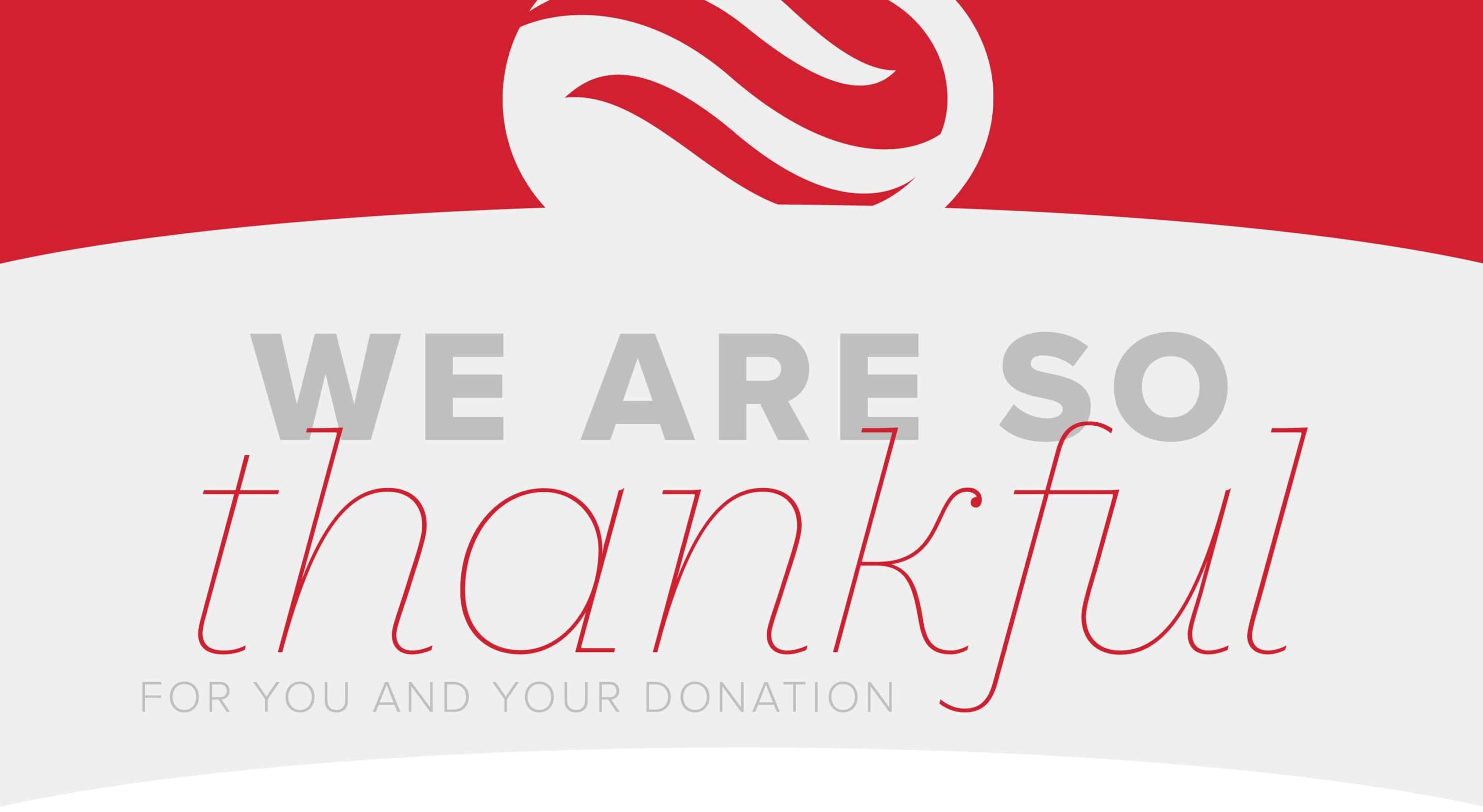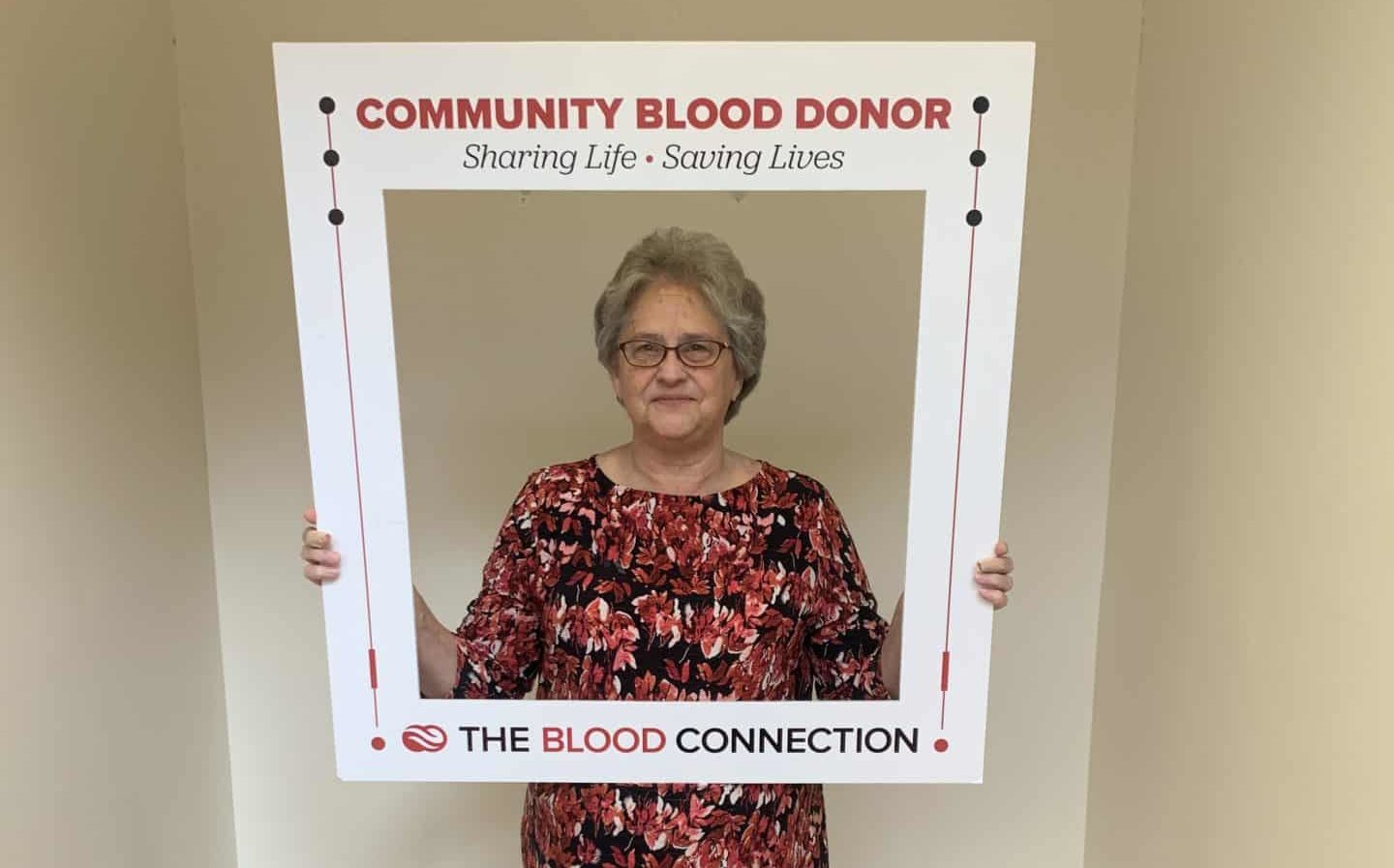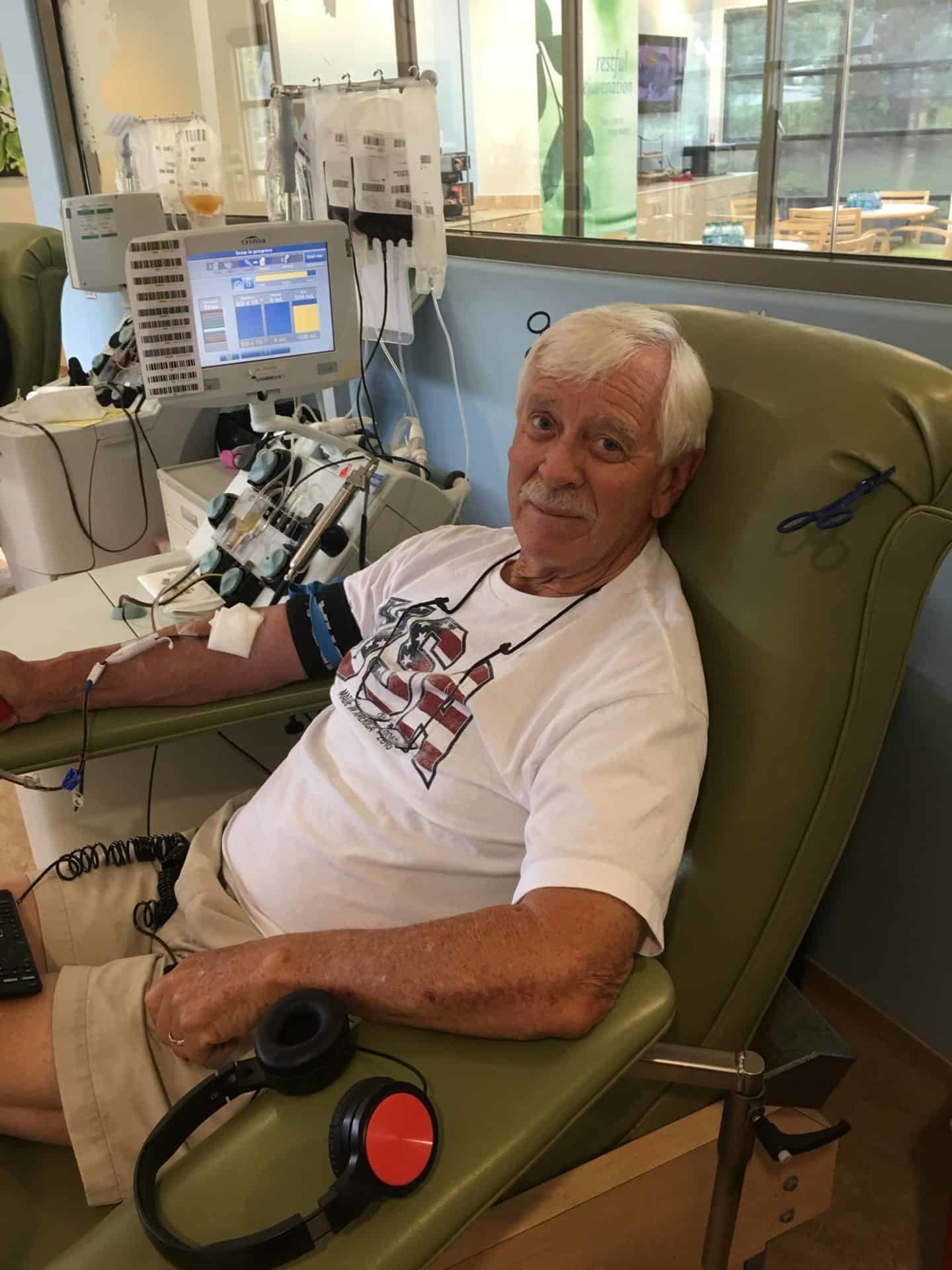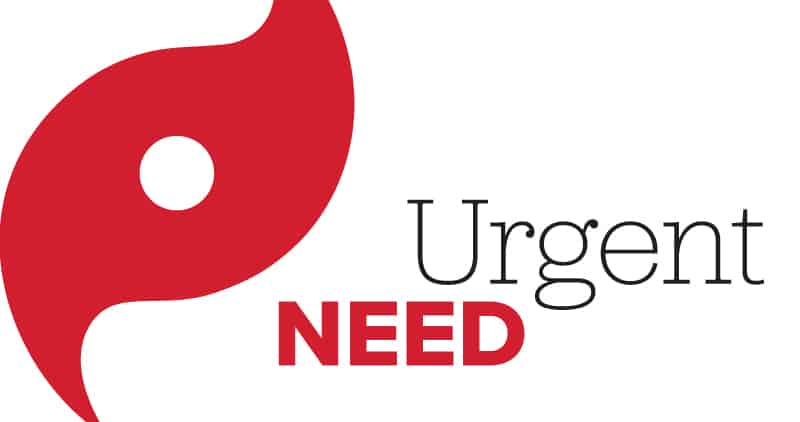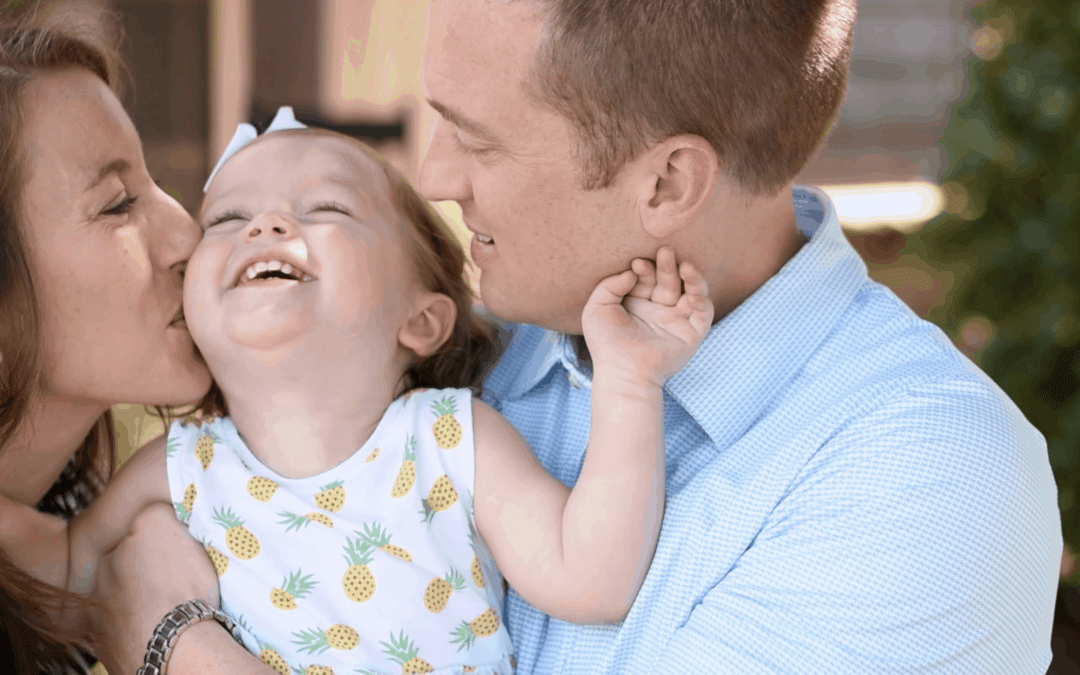The Blood Connection, MUSC partner to expand community antibody testing effort: MUSC
The Blood Connection, MUSC partner to expand community antibody testing effort
Partnership provides free community COVID-19 antibody testing with blood donation
CHARLESTON, S.C. (May 29, 2020) – The Blood Connection (TBC), a non-profit, community blood center, has partnered with the Medical University of South Carolina (MUSC) to provide free COVID-19 antibody testing to all TBC donors. This partnership is an extension of the antibody testing efforts underway throughout MUSC Health, including first responders, health care workers and the larger local community.
Those donating whole blood, platelets, plasma and double red cell donations are eligible to receive the free antibody test at the time of donation, which was developed and is powered by the MUSC Center for Cellular Therapy.
“We are so thankful for the opportunity to work with MUSC on providing this testing as a service to our donors,” said Delisa English, President and CEO of TBC. “TBC donors have been asking for this testing and MUSC is helping to make it possible.”
Satish Nadig, M.D., medical director for the MUSC Center for Cellular Therapy, said MUSC is highly confident in its test because of extensive validation conducted before it began offering the tests.
“These antibody tests show whether people have long-term antibodies to COVID-19, meaning they were exposed to the novel coronavirus and their bodies mounted an immune response,” he said. “What constitutes ‘long-term’ for COVID-19 is still unknown. This test is a great first step in determining community prevalence and future tests will begin to answer the important questions we all have around long-term immunity.”
The novel coronavirus, or SARS-CoV-2, that causes COVID-19 is one of a family of seven coronaviruses that can infect humans. Three have caused serious outbreaks – SARS coronavirus in 2003, MERS coronavirus beginning in 2012 and now SARS-CoV-2, while the other four cause common colds. This new coronavirus shares 88% of its genetic sequence with SARS coronavirus, Nadig said, which is why it was given the derivative name SARS-CoV-2.
Coronaviruses get their name from their crown-like spikes, and these spikes are a key part of the testing. Using blood serum, the first part of the antibody test looks for a reaction to the receptor binding domain portion of the spike. This is the area that allows the virus to bind itself to human cells. Both SARS coronavirus and SARS-CoV-2 bind to the same area, but MERS coronavirus binds to a different area.
A blood sample that tests positive in this first part of the test is considered presumptive positive, Nadig said. That’s because it’s possible the test is actually picking up antibodies to a different coronavirus. Thus, blood samples are subjected to the second part of the test, the confirmatory test, which looks for a reaction to the entire spike protein.
Nadig said the CCT validated the test first with commercial proteins and then with three sets of patient samples. The first set of patient samples was collected before COVID-19 jumped to humans, so the team knew those samples would definitely be negative for antibodies. It also validated the test using samples from patients who had tested negative during COVID-19 diagnostic testing and from patients who had tested positive for COVID-19.
The CCT’s results were then further vetted by the clinical chemistry laboratory at MUSC Health.
People who take an antibody test will get either a positive result, indicating they have antibodies, or a negative result, indicating no antibodies. Researchers are still determining what antibodies mean for the strength of immunity to COVID-19 or how long such immunity might last.
The test is useful at the population level and helps show how much COVID-19 is circulating in the community. It will also help researchers in understanding whether people who have been exposed to COVID-19 are at risk of reinfection. And as tests continue to improve and scientists learn more about SARS-CoV-2, individuals will be better able to make informed decisions about work and community events.
People who are interested in donating blood and getting an antibody test can learn more or make an appointment by calling TBC at 864-255-5005. If interested in hosting a blood drive at a business, church, school, etc., please call 864-751-1166.


